This visually arresting film takes us to a mountaintop village in China, where the simple rituals and traditions of unhurried, everyday life are captured in vibrant folk paintings.
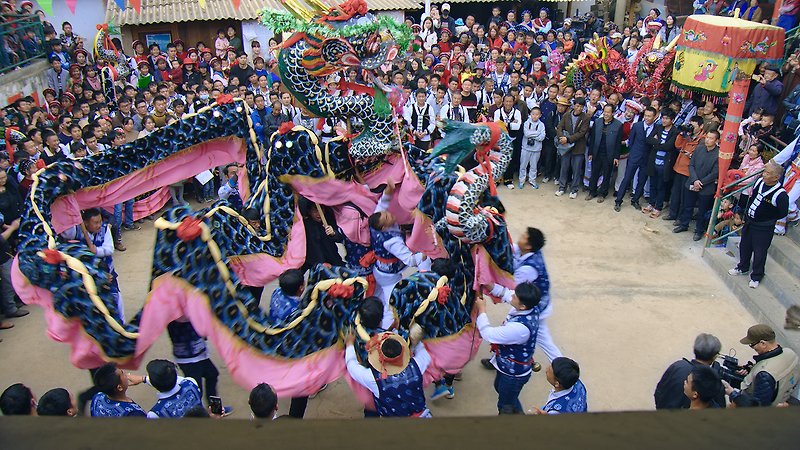
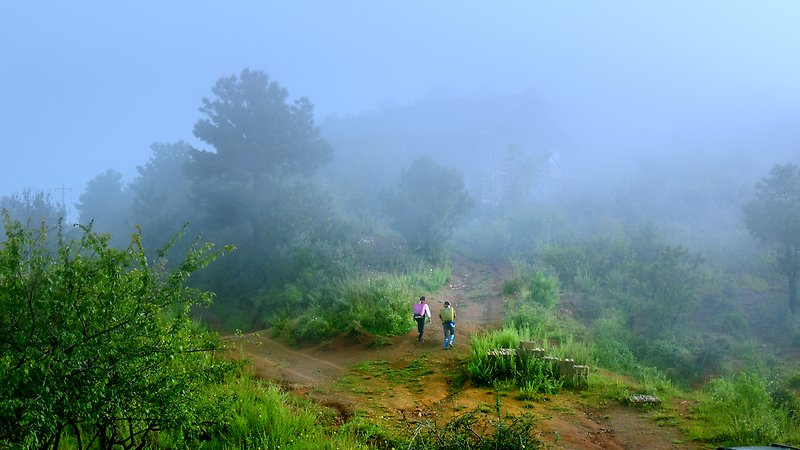
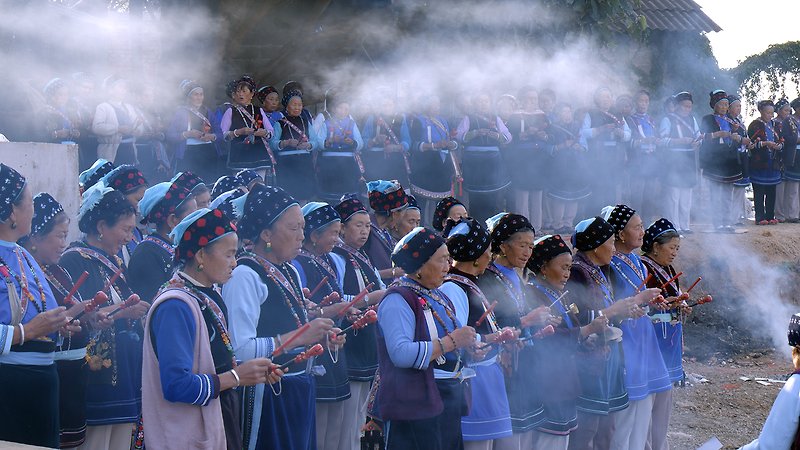
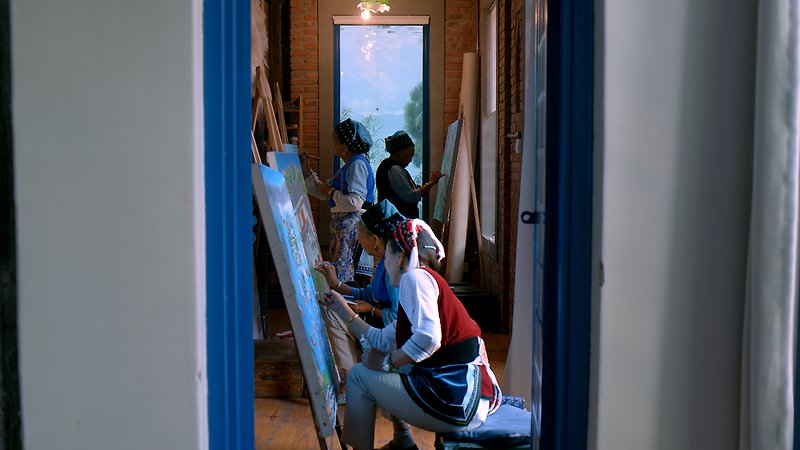
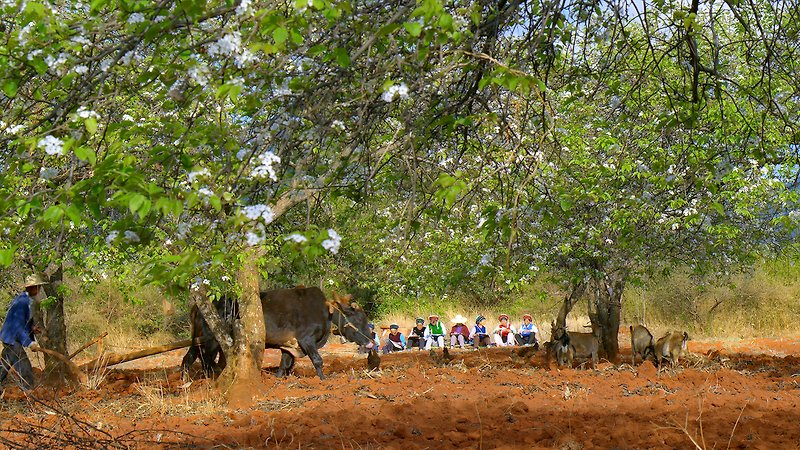
A moving, funny, and increasingly surprising picture of shifting generations and deep rural roots and traditions.
Screened as part of NZIFF 2019
Up the Mountain 2018
Huo Shan
Set in a village settlement in Dali, Yunnan province, Up the Mountain is a lyrical and meditative celebration of creation and of finding inspiration in the simple rituals of unhurried, everyday life.
Master painter and teacher Shen Jianhua shares his beautiful mountain home with his pregnant wife and their home-schooled teenage daughter. Here people gather to study under the master’s watchful guidance. His pupils include a group of elderly women from a village lower down the mountain. Colourful and talkative, this delightful granny cohort depict life around them, from leaping goats under blossoming trees to a wedding banquet, in vibrant folk paintings that turn everything into a festive occasion. The works all share the same square format, which also frames this exquisitely composed film, and act like a window to the world. The camera glides from them to the actual events they represent, thereby becoming immersed in village activities.
After seeing this gorgeous film, it’s highly likely that audiences will also want to pack a set of paints, a few blank canvases and set out to join Shen and his pupils. — SR
“The focus here is… on the shared meals, the ancient traditions and rituals, the kinship which is found in the act of creation. It’s about fish stews and dumplings cooked on an open flame. But [director] Zhang also explores the pull of modernity and the collision in China between… contemplation and… consumption. It is gorgeous to look at, but more than that, it taps into a way of life which is enviably unfussy and admirably egalitarian.” — Wendy Ide, Screendaily